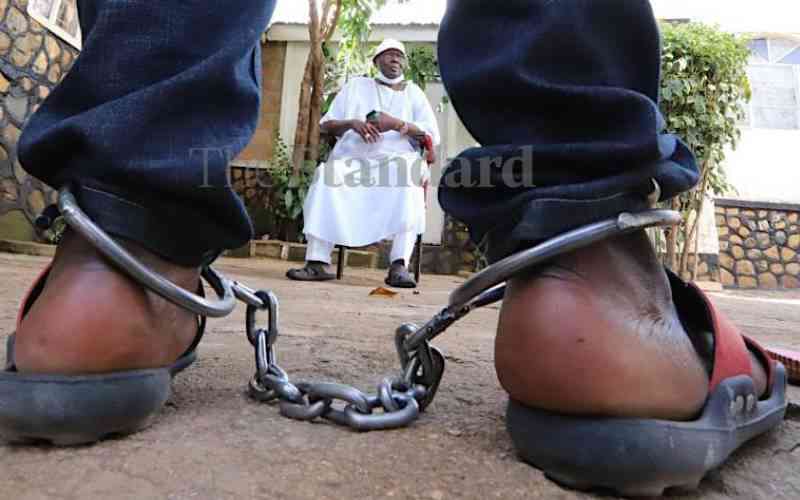×
The Standard e-Paper
Smart Minds Choose Us

Father John Pesa was a little-known spiritual figure until 2021 when he quoted a biblical verse about King Solomon killing Goliath with a stone.
But the verse does not exist. And the Bible does not speak about Solomon battling Goliath, rather it was his father David who did.